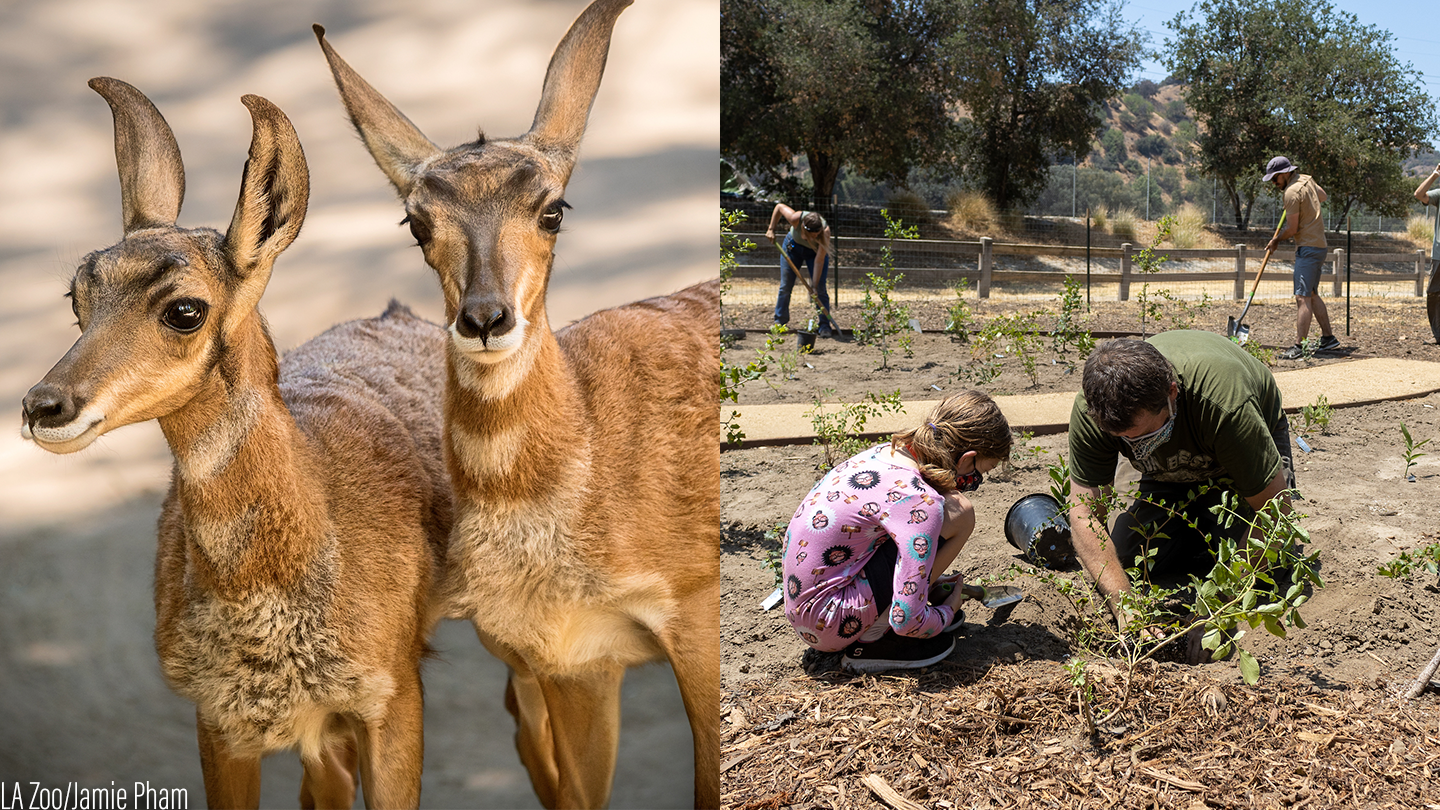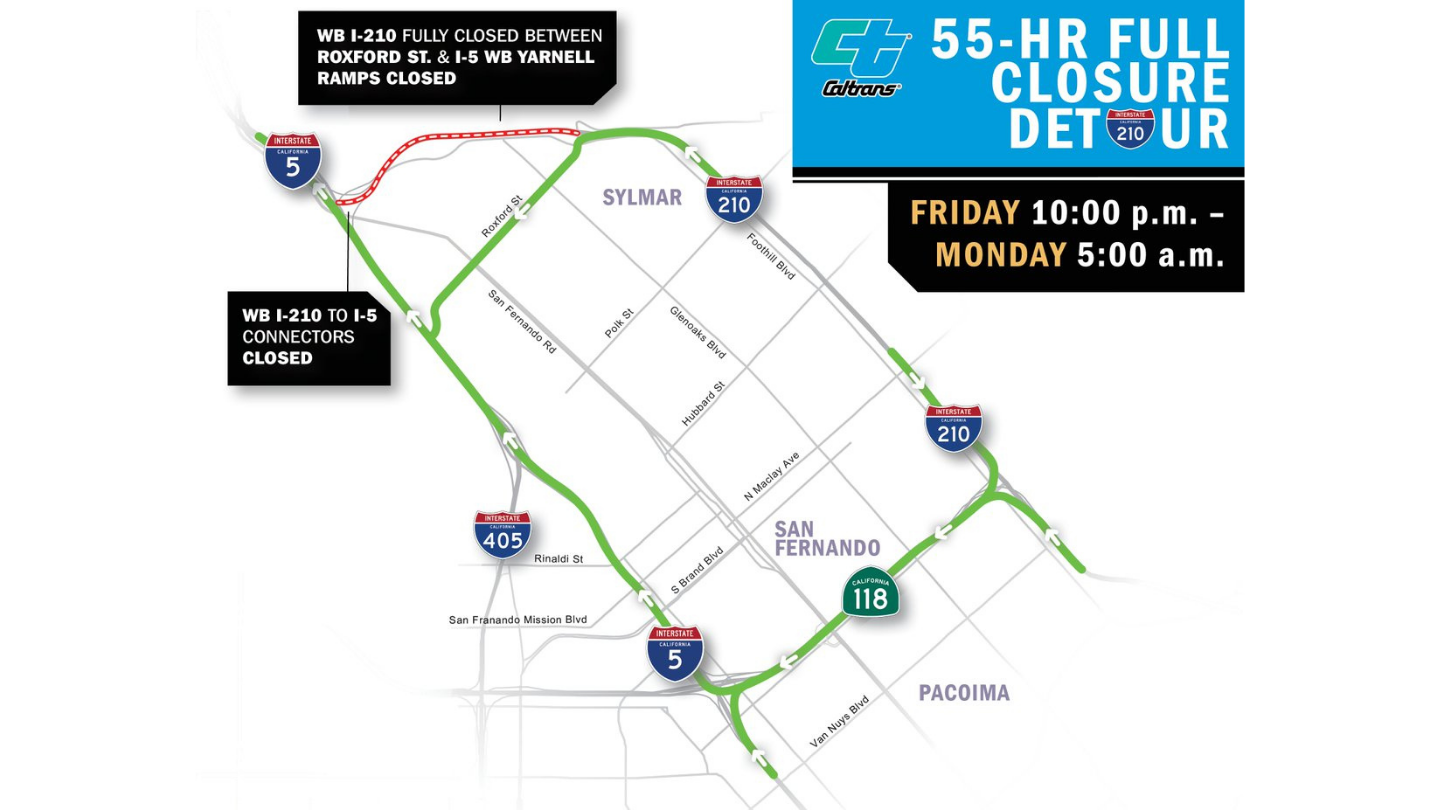The Los Angeles Zoo Thursday unveiled a five-year conservation plan that focuses on using evidence-based methods for conservation, promoting human-wildlife co-existence, combating the illegal wildlife trade and achieving social and environmental justice and California conservation.
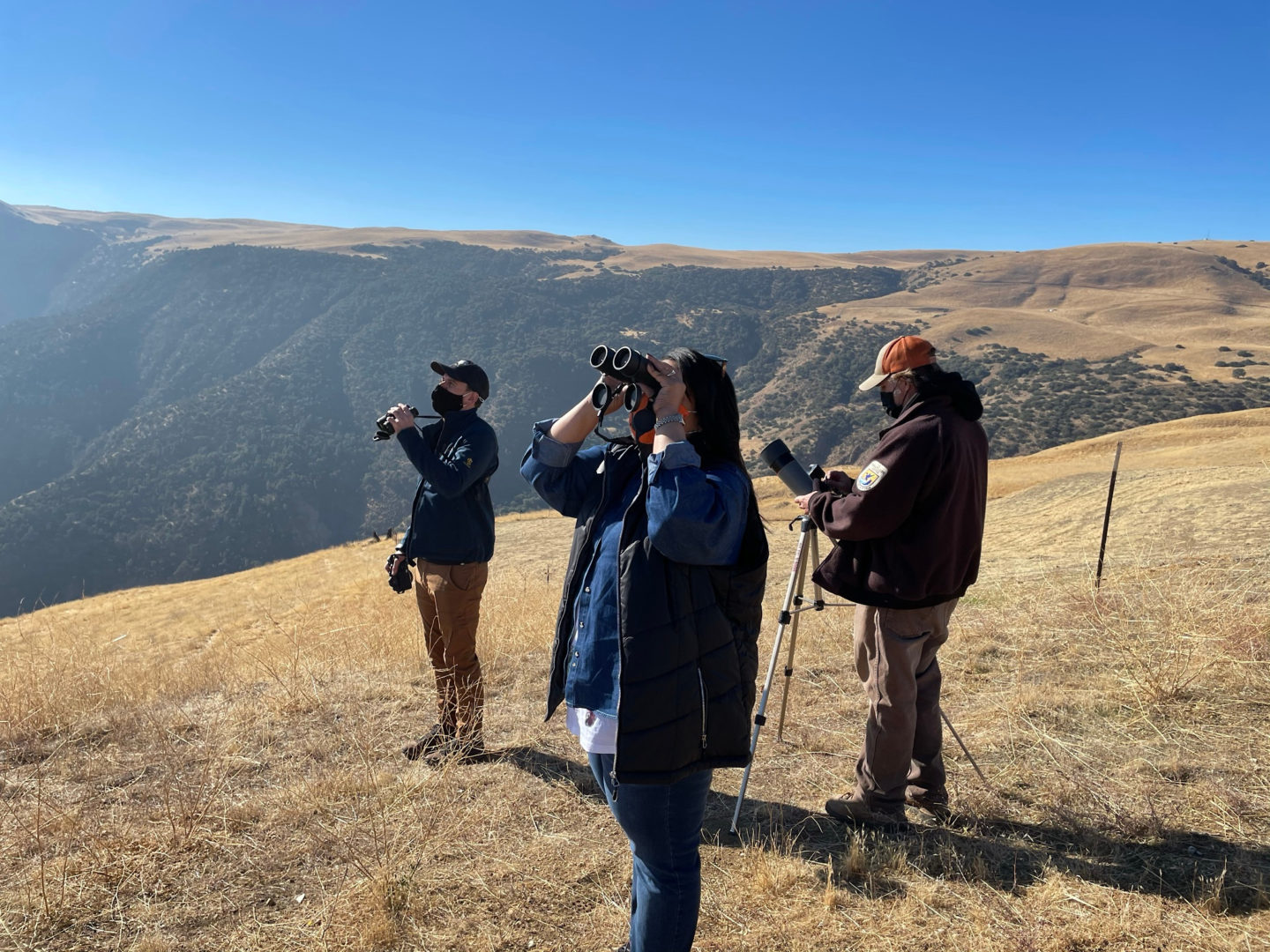
The plan will guide the zoo’s efforts through 2026 as it works to change the landscape of conservation by leveraging its knowledge, expertise, partnerships and engagement with communities. The zoo’s director and CEO Denise Verret said it was a historic plan for the city and the zoo.
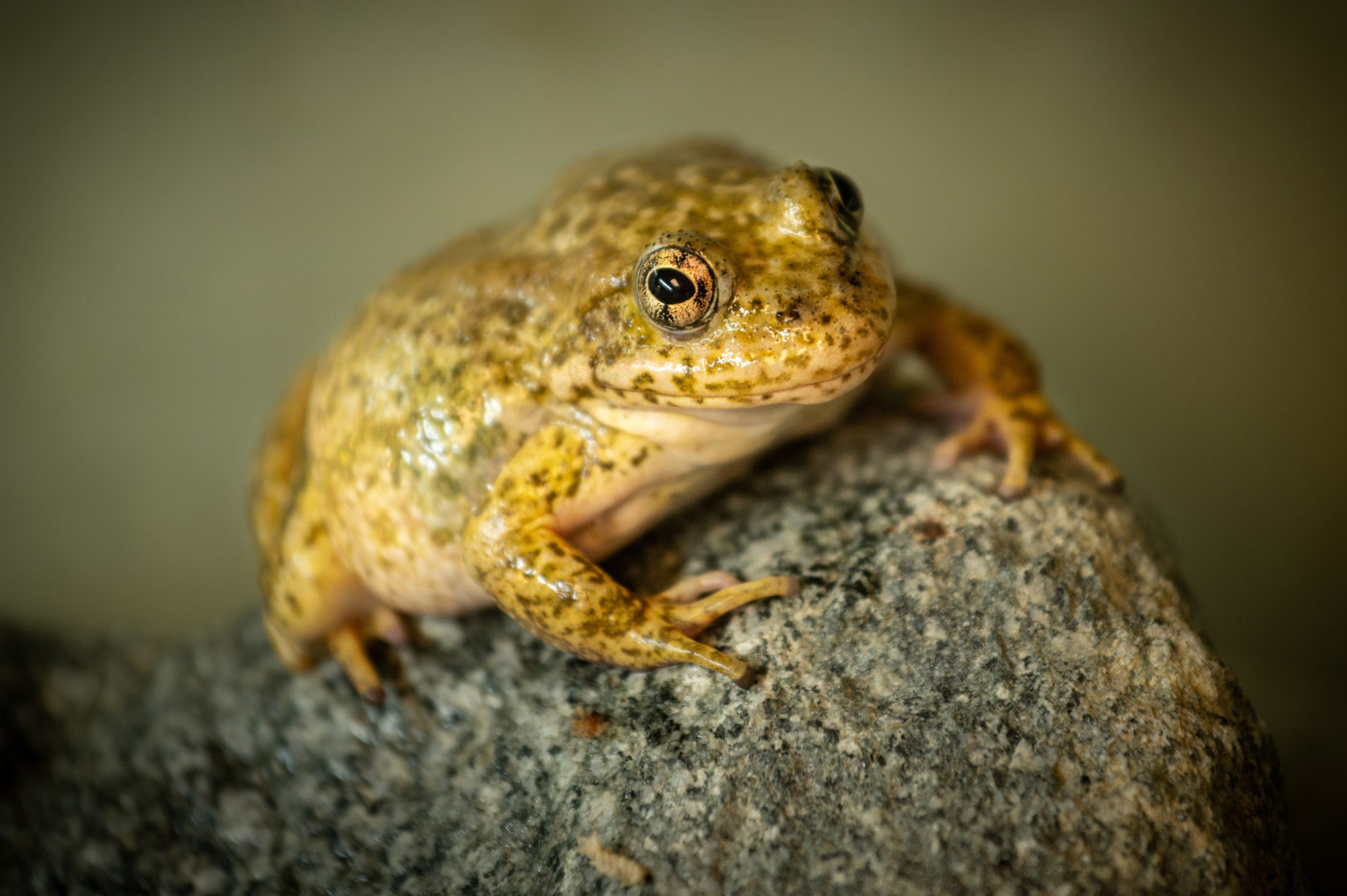
“Our zoo is the city’s treasured resource for connecting Angelenos with wildlife and nature, and we are doubling down on that promise with this comprehensive strategy that includes every person in our community in the action to save wildlife. It is important to recognize that conservation has historically failed the communities most affected by the degradation of our environment,” Verret said.
“This is our city. This is our world. It will take all of us working together to preserve it. Whether it is working locally with LAUSD school groups or abroad in villages in Costa Rica, engagement and empowerment are essential for this plan to succeed.”
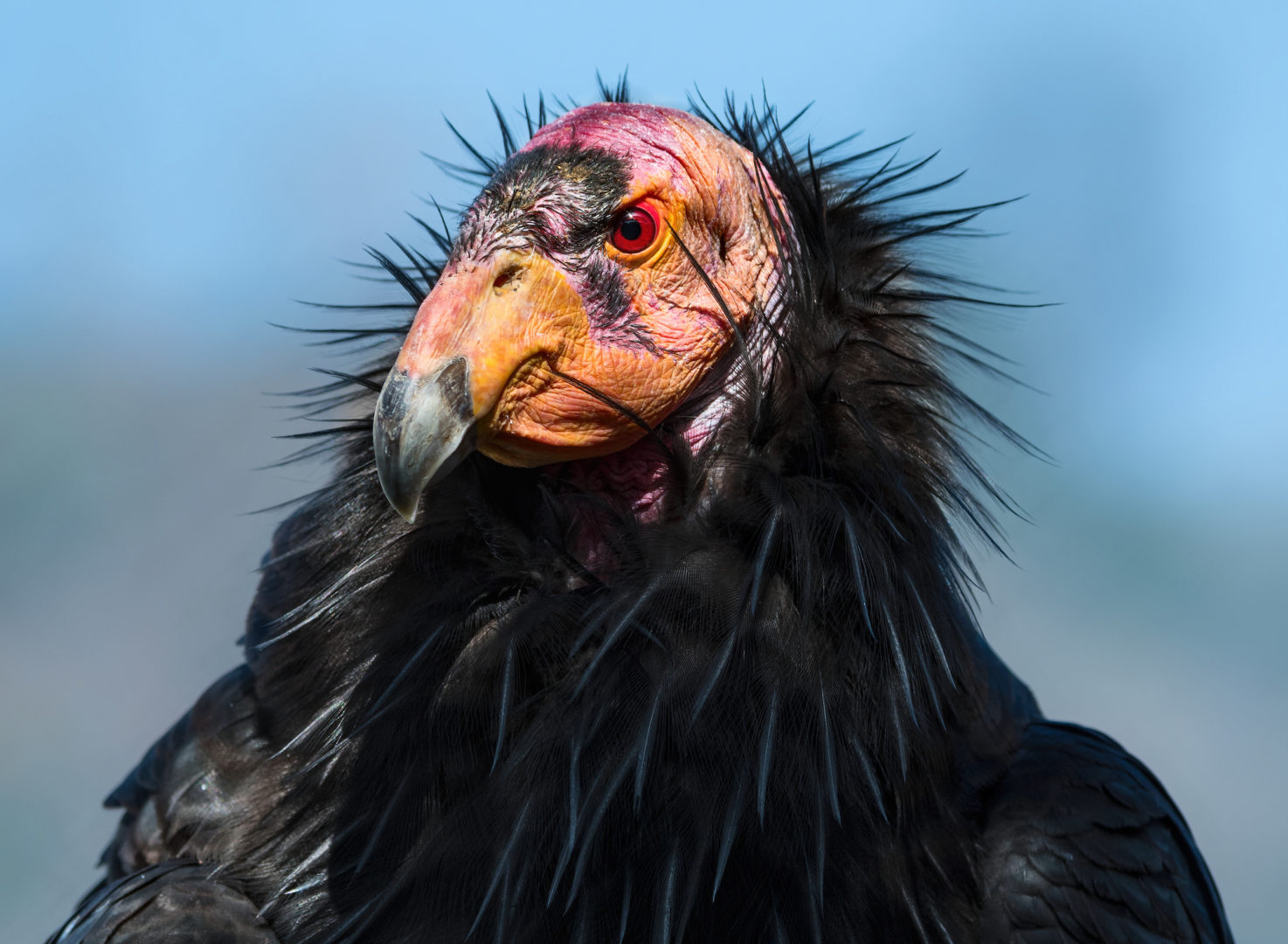
The zoo’s partners include the Gorilla Rehabilitation and Conservation Education Center in the Democratic Republic of the Congo; the Peninsular Pronghorn Recovery Project in Baja California, Mexico; and Wildlife Trust of India, in India. The zoo also works closely with stakeholders involved with Griffith Park to advance conservation efforts locally.
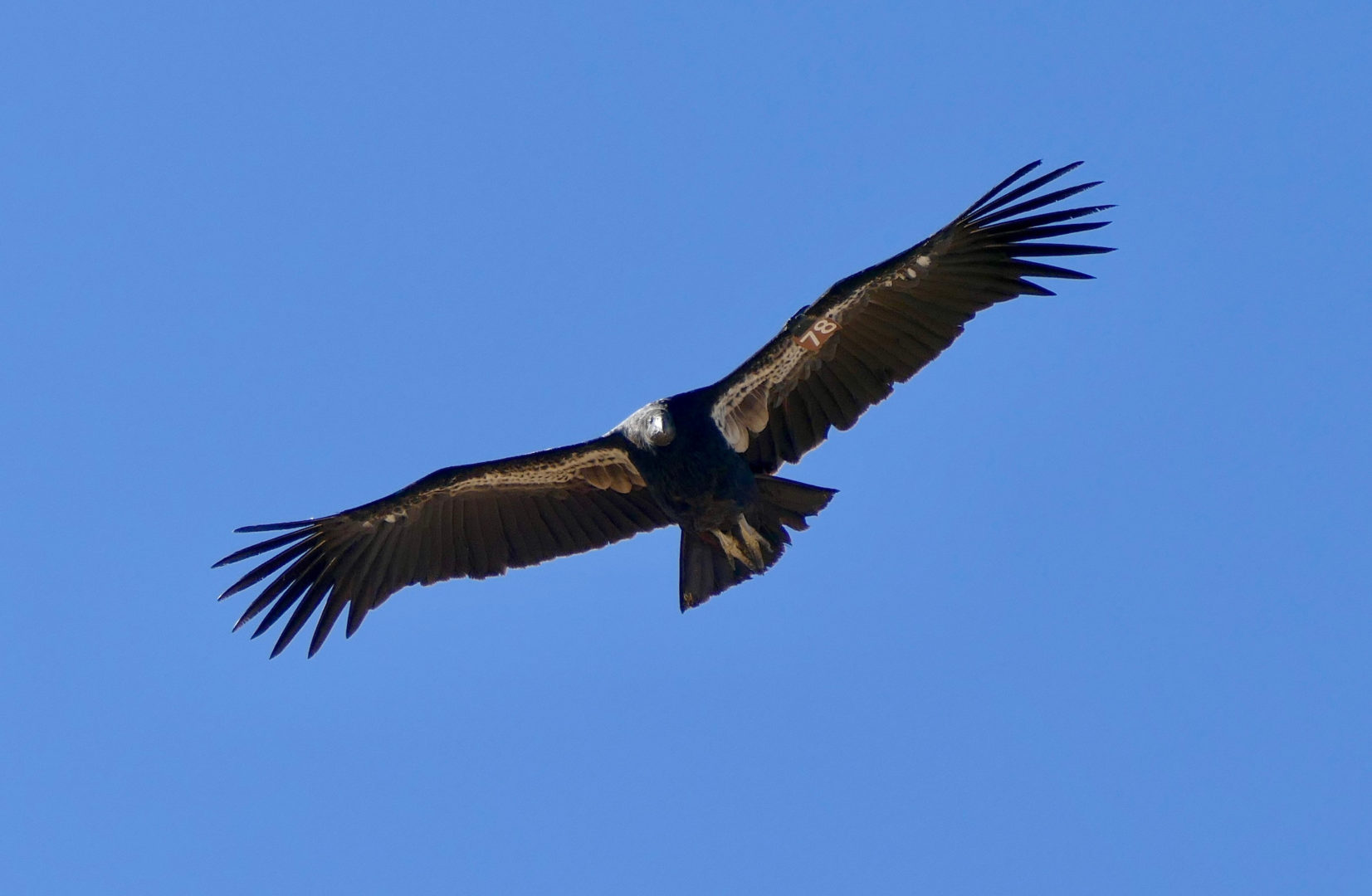
“If it weren’t for the expertise, trusted partnerships, dedicated staff and critical resources of the L.A. Zoo, the California condor, L.A.- native southern mountain yellow-legged frog and other species would likely be extinct today,” said Jake Owens, the zoo’s director of conservation. “But we have to do more and with more intention towards achieving measurable outcomes. This Plan provides us with the tools and focus to make significant strides in our six focal areas over the next five years and beyond, and will help identify and create the partnerships needed to see it through.”
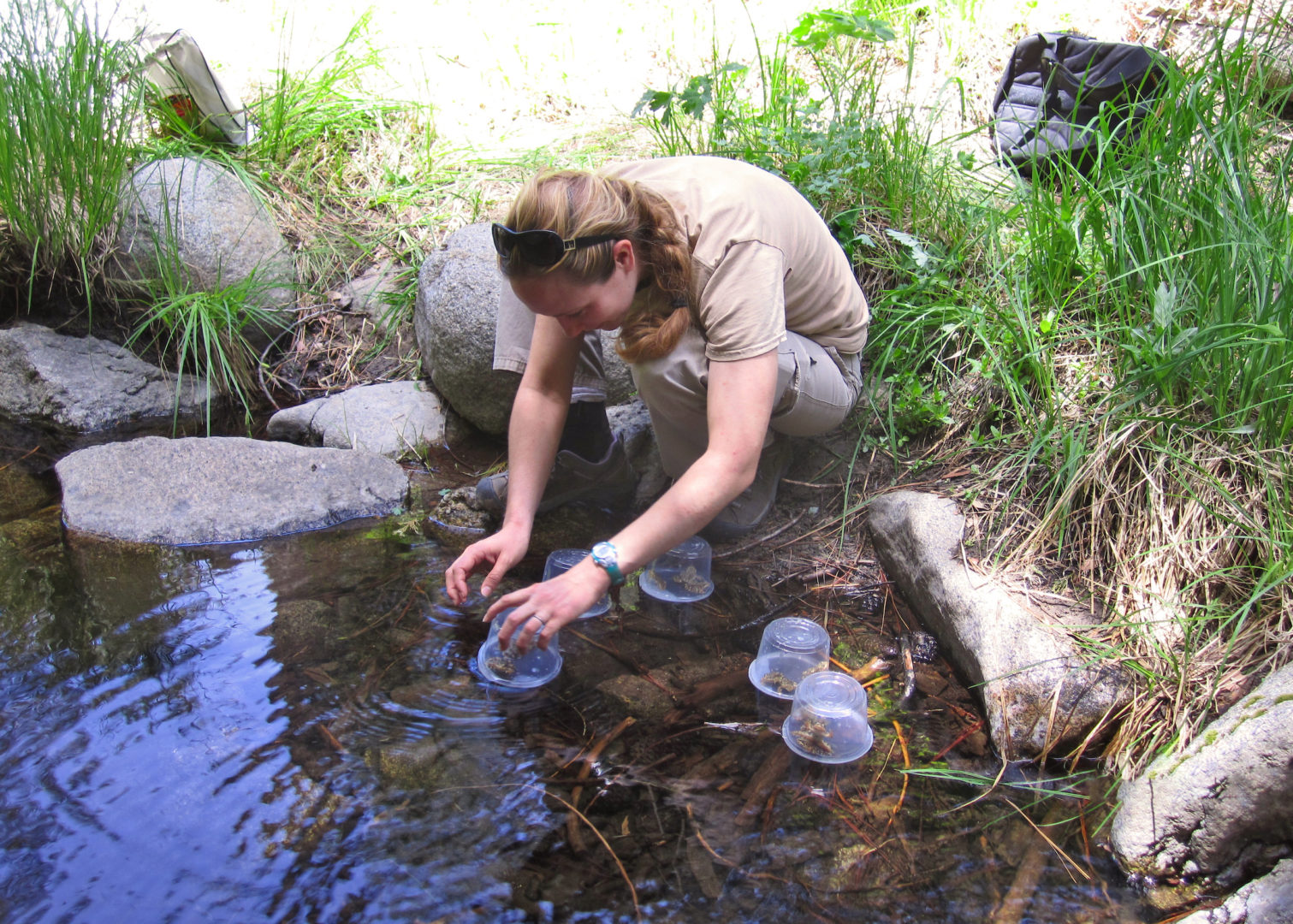
By 2026, the zoo hopes to:
- remove barriers and increase accessibility to achieve lasting conservation success;
- use wildlife technology, virtual volunteers and range country partners to create innovative solutions for conservation efforts;
- leverage the zoo’s expert resources and partnerships to combat the illegal wildlife trade;
- promote human-wildlife co-existence; and
- create evidence-based solutions to conservation strategies.
People can learn more about the plan at lazoo.org/save-wildlife.

